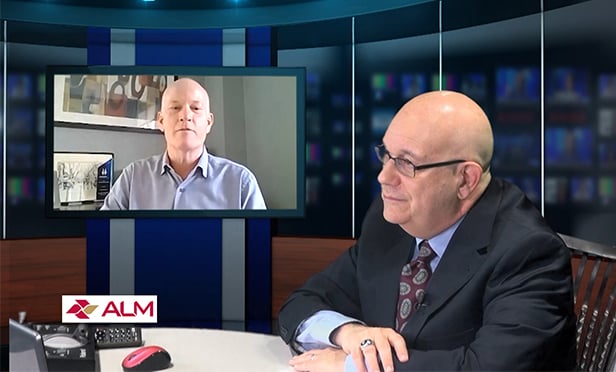GlobeSt.: What sector offers the greatest opportunities?
Chappell: Hotel, for a lot of reasons. Theirs, truly, is a whole experience, and sustainability is really about a complete experience. People are making lifestyle choices, and they're checking to see how hotels and resorts are handling certain issues. Office buildings in the private sector will be the easiest to see the benefits. With retail there have already been some results--with companies like Wal-Mart putting skylights in for daylighting. Industrial is also an opportunity; [some] studies show increased productivity. They are producing something that's measurable.
GlobeSt.: What are some challenges?
Chappell:The first is education. There is very little empirical data. The LEED valuation has been around for seven or eight years, so there has been very little time for transactions to occur. Right, wrong or otherwise, appraisers want cap rates, and banks want track records. Sustainability has been around for a long time, but most of the early adopters that we're aware of were public sector. They don't even necessarily have to track the same data the private sector does, that a pension fund or investor wants. What I'm doing with both the Appraisal Institute and Cushman is trying to gather data, put information together that both the underwriting and investment communities can use.
GlobeSt.: What data?
Chappell:Energy is the low-hanging fruit, the most easily quantifiable benefit. You can track your savings in kilowatt-hours, greenhouse gas emissions and savings in dollars. Harder is tenant satisfaction--less downtime between leases, faster tenant absorption because people want to be in a sustainable building, or higher rent. People worry about energy costs, but you can't control that. You can control energy consumption. If you have an energy-efficient property, you're at least mitigating some of the risk you face, relative to environmental situations…A couple of the major insurance companies offer a 5% discount for certified buildings…The big issue with anything is risk. If these buildings are seen as less risky long-term, that will start impacting cap and discount rates, and that's where it really starts impacting asset values and portfolio values.
GlobeSt.: Will it help with investments during a credit crunch?
Chappell:In a market where there are fewer transactions, people will be looking for that point of difference. Why will someone buy your building rather than someone else's? One of the challenges we face is the fact that even if you incorporate some of these features into a new building, [we must deal with] an existing building stock that's something like 98% of the buildings out there. If you retrofit and upgrade it--and reduce your energy costs--if it becomes a higher-performing building, it intuitively becomes a more valuable building. Another aspect of that is [investors] look to where the best incentives are. There are state, local and Federal benefits. The West Coast is really looking at both carrots and sticks. There are all types of incentives, and [there are] more codes that are favorable to sustainable buildings.
GlobeSt.: This isn't a fad.
Chappell:I don't think we have a choice. Energy will drive it. It will make us prioritize what it is we are looking for--it's already impacting how people live their lives. It can only flow through to a prudent business investment. It's kind of a logical progression: if people aren't investing prudently, they aren't going to be seen as prudent investors. And that's not where they're going to want to put their money.
© Touchpoint Markets, All Rights Reserved. Request academic re-use from www.copyright.com. All other uses, submit a request to [email protected]. For more inforrmation visit Asset & Logo Licensing.






